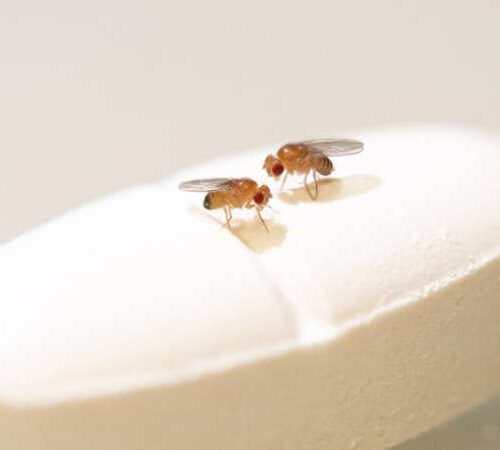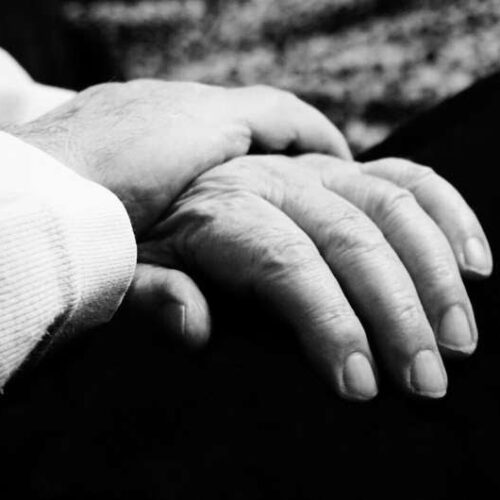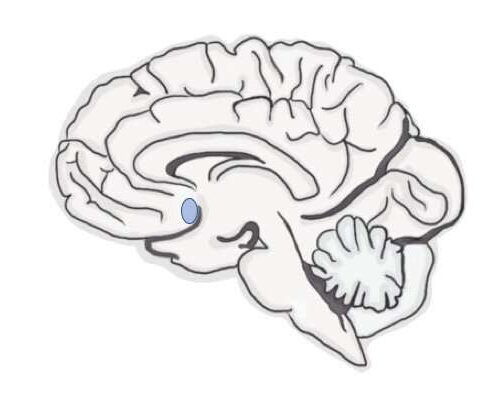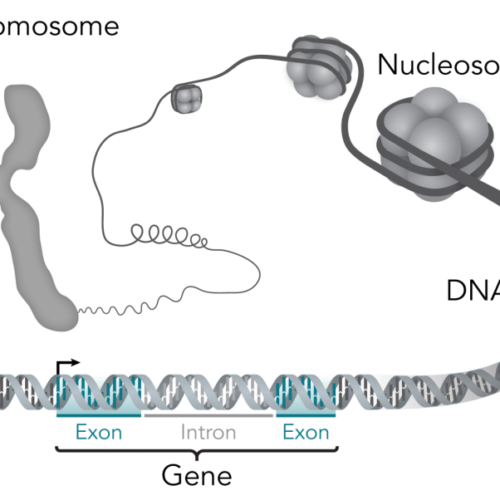by Max Planck Society Rapamycin prolongs lifespan only in female fruit flies. Credit: K. Link/Max Planck Institute for Biology of Ageing The effect of medicines on women and men can differ significantly. This also applies to the currently most promising anti-aging drug rapamycin, as researchers from the Max Planck Institute for Biology of Ageing in...
Tag: <span>Women</span>
How women can reduce the risk of hip fracture
UNIVERSITY OF LEEDS How women can reduce the risk of hip fracture Increasing protein intake by 25g a day could reduce hip fracture risk by up to 14% Increasing intake of protein and drinking regular cups of tea or coffee is a way women could reduce their risk of suffering a hip fracture, according to new research. Food scientists at the University of Leeds in the UK...
Women could be at higher risk for long COVID, according to new research
by Cody Mello-Klein, Northeastern University Credit: Alyssa Stone/Northeastern University A team of medical professionals, clinicians, epidemiologists and political scientists recently published the results of a study that revealed new information about the prevalence of post-acute sequelae of SARS CoV-2 infection, otherwise known as “long COVID.” Mauricio Santillana, professor physics and network science at Northeastern and director of...
Effectiveness of antipsychotics dips for women after age 45 years, says study
Antipsychotic effectiveness declines in women after the age of 45 years, according to a study published online Oct. 5 in Schizophrenia Bulletin. Iris E. Sommer, M.D., Ph.D., from the University Medical Center Groningen in the Netherlands, and colleagues used Finnish nationwide registers (61,889 individuals) to identify persons with schizophrenia/schizoaffective disorder and stratify by sex and age....
Epigenetic changes linked to Parkinson’s disease differ in men and women
by Rutgers University Credit: Pixabay/CC0 Public Domain The epigenetic changes linked to Parkinson’s disease—a nervous system disorder that afflicts nearly 1 million Americans—are different in men and women, according to a new Rutgers study published in npj Parkinson’s Disease. In a postmortem analysis of brain neurons, researchers compared samples from 50 people who died with Parkinson’s...
Nicotine dose in a single cigarette blocks estrogen production in women’s brains
by European College of Neuropsychopharmacology Aromatase (estrogen synthetase) detected in the thalamus (red spot). Credit: Jana Immenschuh A dose of nicotine, equivalent to that found in a single cigarette blocks estrogen production in women’s brains. This may explain several behavioral differences in women who smoke, including why they are more resistant than men to quitting...
Newly identified mechanism may explain why women are more vulnerable to Alzheimer’s disease
Reviewed by Emily Henderson, B.Sc. Oct 4 2022 Case Western Reserve University researchers have identified a mechanism in brain tissue that may explain why women are more vulnerable to Alzheimer’s disease-;a finding that they say could help lead to new medicines to treat the disease. Specifically, the researchers found that the female brain shows higher...
With ‘batwing’ mastopexy, more women can undergo nipple-sparing mastectomy
WOLTERS KLUWER HEALTH August 31, 2022 – Nipple-sparing techniques can provide better outcomes for women undergoing breast reconstruction after mastectomy – but due to complication risks, these approaches are often not offered to women with sagging or larger breasts. For this group of patients, a ‘batwing’ incision may provide a safer option to nipple-sparing mastectomy (NSM), reports a...
Scientists pinpoint reason why women may not respond to depression treatments the same as men
by Karen Michele Nikos-Rose, UC Davis The nucleus accumbens (represented in blue) is a part of the brain that controls motivation. Researchers from UC Davis compared samples of the nucleus accumbens in mice and humans to find clues to how this part of the brain is affected by stress and depression in males and females. Credit:...
Novel gene for Alzheimer’s disease in women identified
by Boston University School of Medicine This stylistic diagram shows a gene in relation to the double helix structure of DNA and to a chromosome (right). The chromosome is X-shaped because it is dividing. Introns are regions often found in eukaryote genes that are removed in the splicing process (after the DNA is transcribed into...







